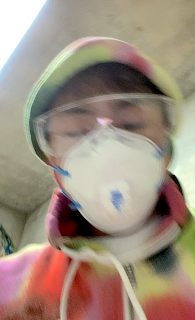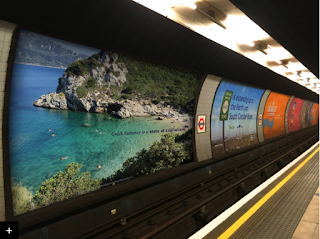Interview with BYOUNG UK JEON (Dec 10, 2021 at 10:00 AM London / 7:00 PM Seoul)

Interview conducted with BYOUNG UK JEON on Dec 10, 2021 at 10:00 AM London / 7:00 PM Seoul I had the pleasure of interviewing Byoung Uk Jeon, a recent graduate from Chelsea College, who is living and working in Seoul, South Korea. He finished a degree in Fine Art over the summer of 2021. Jeon was in the second year of his course when the pandemic started. His end-of-year exhibition was all online, which was launched after he completed his course. Jeon returned to Korea to finish his degree due to difficulties caused by the pandemic when his landlord asked him to leave his flat. I talked to him about his experiences studying at Chelsea College of Art to gain an understanding of what it was like for him and his peers at UAL. JY : Would you mind telling me about your experience’s studying fine art and Chelsea college, considering the pandemic disrupted your learning? BJ : I had to finish my work in Seoul. When I was in London during the pandemic, I felt incredibly sad and sorry for e

